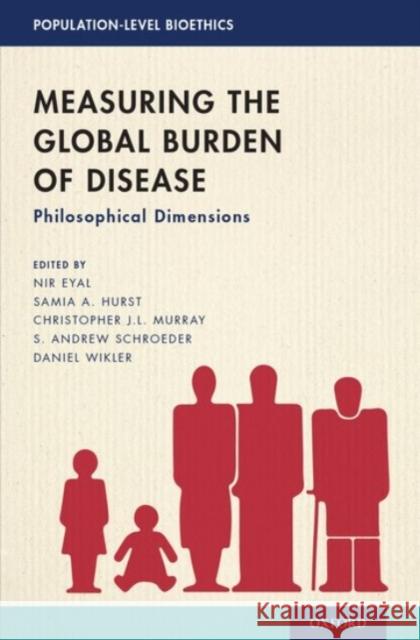Measuring the Global Burden of Disease: Philosophical Dimensions » książka
topmenu
Measuring the Global Burden of Disease: Philosophical Dimensions
ISBN-13: 9780190082543 / Angielski / Twarda / 2020 / 344 str.
Kategorie BISAC:
Wydawca:
Oxford University Press, USA
Język:
Angielski
ISBN-13:
9780190082543
Rok wydania:
2020
Ilość stron:
344
Waga:
0.63 kg
Wymiary:
23.62 x 16.26 x 3.3
Oprawa:
Twarda
Wolumenów:
01
Dodatkowe informacje:
Bibliografia











